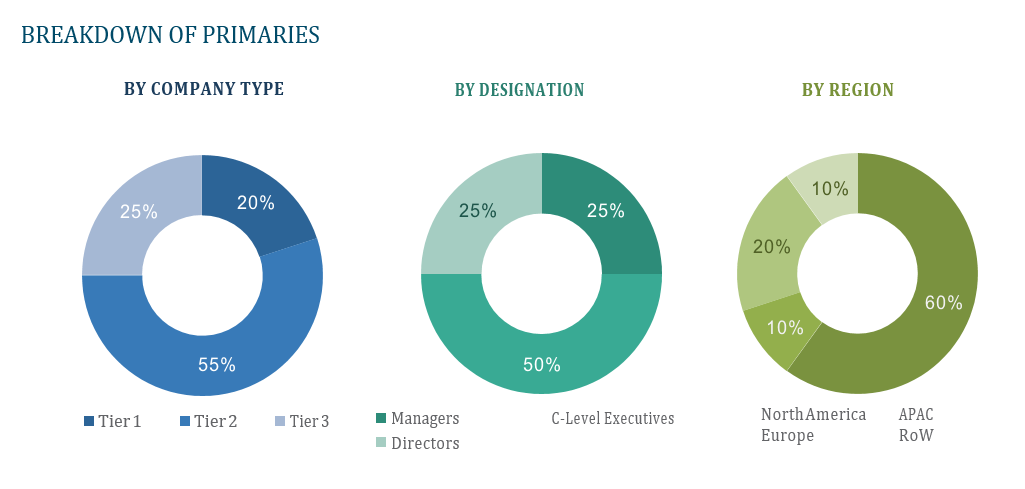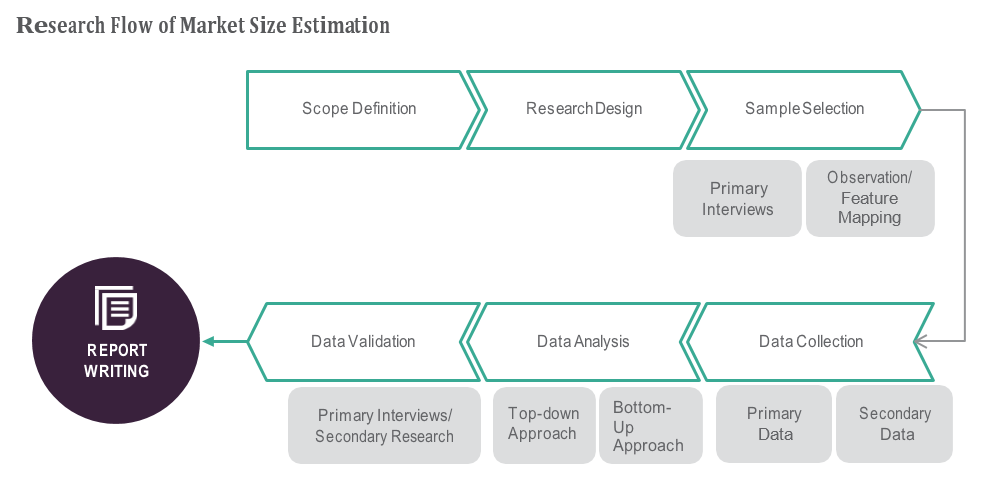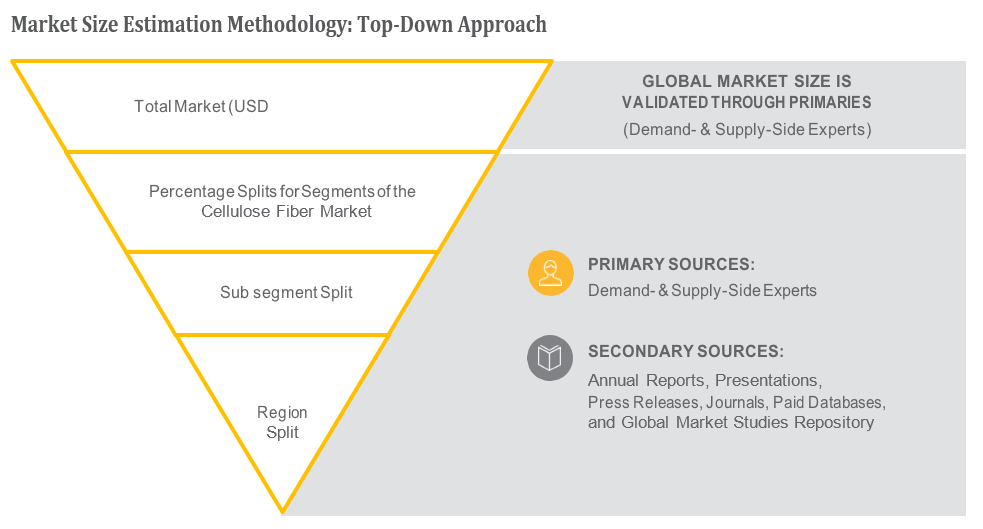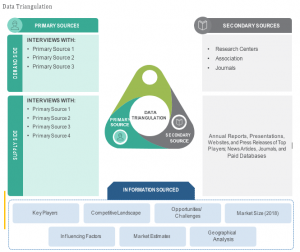OVERVIEW
The Application Programming Interface (API) Security Market is currently valued at USD 744 million in 2024 and will be growing at a CAGR of 32.5% over the forecast period to reach an estimated USD 3,034 million in revenue in 2029. The Application Programming Interface (API) security market is a rapidly evolving sector dedicated to safeguarding the integrity, availability, and confidentiality of APIs, which serve as the backbone of modern software communication. With the proliferation of interconnected systems and the rise of cloud computing, APIs have become indispensable for enabling seamless data exchange between applications. However, this increased connectivity also presents new security challenges, including data breaches, unauthorized access, and API abuse. As a result, the API security market is witnessing significant growth, driven by the imperative for organizations to fortify their digital infrastructure against emerging threats. Key solutions in this market encompass API authentication, encryption, monitoring, and threat detection, offering comprehensive protection to businesses across various industries against cyber threats targeting their APIs.
The escalating adoption of cloud computing and microservices architecture amplifies the reliance on APIs, necessitating robust security measures to protect data exchanges between disparate systems. Additionally, the surge in digital transformation initiatives across industries heightens the demand for secure API integration, ensuring seamless connectivity while mitigating risks associated with cyber threats. Moreover, regulatory compliance mandates such as GDPR, CCPA, and PSD2 impose stringent requirements for data protection, compelling organizations to invest in API security solutions to achieve compliance and mitigate legal risks. Furthermore, the proliferation of IoT devices and the increasing interconnectedness of systems further accentuate the need for API security to safeguard sensitive information and prevent potential breaches.
Table of Content
Market Dynamics
Drivers:
The escalating adoption of cloud computing and microservices architecture amplifies the reliance on APIs, necessitating robust security measures to protect data exchanges between disparate systems. Additionally, the surge in digital transformation initiatives across industries heightens the demand for secure API integration, ensuring seamless connectivity while mitigating risks associated with cyber threats. Moreover, regulatory compliance mandates such as GDPR, CCPA, and PSD2 impose stringent requirements for data protection, compelling organizations to invest in API security solutions to achieve compliance and mitigate legal risks. Furthermore, the proliferation of IoT devices and the increasing interconnectedness of systems further accentuate the need for API security to safeguard sensitive information and prevent potential breaches.
Key Offerings:
The key offerings in the API security market encompass a range of comprehensive solutions tailored to address diverse security challenges. Authentication and authorization mechanisms ensure that only authorized users and applications can access APIs, preventing unauthorized access and data breaches. Encryption technologies safeguard data transmitted via APIs, ensuring confidentiality and integrity throughout the communication process. API monitoring and analytics tools provide real-time visibility into API usage and behavior, enabling organizations to detect and respond to security incidents promptly. Additionally, threat detection and prevention solutions employ advanced algorithms and machine learning techniques to identify and mitigate potential security threats targeting APIs. Moreover, API security gateways act as centralized control points, enforcing security policies and mitigating risks by inspecting and filtering API traffic. Together, these offerings form a robust ecosystem of API security solutions, empowering organizations to safeguard their digital assets and maintain the integrity of their API-driven ecosystems.
Restraints :
The market for API security is expanding, but there are a number of obstacles in the way. The difficulty of protecting increasingly dispersed and networked API ecosystems is a major obstacle, made worse by the wide diversity of protocols and standards used on various platforms. Furthermore, firms looking to strengthen their digital infrastructure have a challenge due to the lack of qualified cybersecurity specialists that can administer and execute API security solutions efficiently. A resource-intensive difficulty for businesses is the constant need for upgrades and investments in API security measures due to the swift advancement of technology and the changing nature of threats. An additional layer of complexity is created by worries about privacy and data protection laws, which force businesses to manage strict compliance guidelines and guarantee the responsible treatment of sensitive data transferred over APIs. Taken together, these limitations highlight the necessity of comprehensive strategies for API security and continuous cooperation among industry participants to successfully tackle new issues.
Regional Information:
• In North America, the API security market is buoyed by the region’s robust technological infrastructure and high adoption rates of cloud computing and digital transformation initiatives. With stringent regulatory frameworks such as GDPR and CCPA driving the demand for data protection solutions, organizations are increasingly investing in API security measures to ensure compliance and mitigate legal risks. Moreover, the presence of prominent market players and a thriving cybersecurity ecosystem further catalyze market growth.
• In Europe, the API security market benefits from similar regulatory pressures, with GDPR compliance serving as a key driver for investment in robust API security solutions. Additionally, the region’s focus on digital innovation and cybersecurity resilience amplifies the demand for advanced API security offerings.
• In the Asia-Pacific region, rapid digitalization, expanding e-commerce markets, and increasing adoption of cloud-based services propel the growth of the API security market. With rising cyber threats and regulatory scrutiny, organizations across sectors are prioritizing investments in API security to safeguard their digital assets and maintain consumer trust. However, challenges such as varying regulatory landscapes and disparities in cybersecurity maturity levels across countries present hurdles for market expansion.
Recent Developments:
• In July 2022, Salt Security (US) introduced significant enhancements to its advanced API Protection Platform. The updates strengthen threat detection and pre-production API testing capabilities, offering deeper insights into attacker behaviors, visual representations of API call sequences, and the ability to simulate attacks before deploying APIs into production. With these new features, Salt empowers organizations with comprehensive API usage visibility, enhances incident response speed, and improves overall business understanding.
• In April 2023, Noname (US) partnered strategically with MindPoint Group, a reputable cybersecurity consulting firm. Together, they developed an advanced API security platform in a secure OVA deployment format. This collaboration offers customers a simplified and quick approach to securing their API inventory while ensuring the platform is inherently protected.
Key Players:
IBM, Google, Microsoft, Akamai Technologies, Oracle, Broadcom, Check Point Software Technologies Ltd., Axway, Palo Alto Networks, Inc., and MuleSoft, aSalesforce company.
1) What is the projected market value of the Application Programming Interface (API) Security Market?
– The Application Programming Interface (API) Security Market is expected to reach an estimated value of USD 3,034 million in revenue by 2029.
2) What is the estimated CAGR of the Application Programming Interface (API) Security Market over the 2024 to 2029 forecast period?
– The CAGR is estimated to be 32.5% for the Application Programming Interface (API) Security Market over the 2024 to 2029.
3) Who are the key players in the Application Programming Interface (API) Security Market?
– IBM, Google, Microsoft, Akamai Technologies, Oracle, Broadcom, Check Point Software Technologies Ltd., Axway, Palo Alto Networks, Inc., and MuleSoft, aSalesforce company.
4) What are the drivers for the Application Programming Interface (API) Security Market?
– The growing use of cloud computing and microservices architecture increases the reliance on APIs, necessitating robust security measures. Digital transformation initiatives, regulatory compliance mandates, and the proliferation of IoT devices further emphasize the need for secure API integration and protection of sensitive information.
5) What are the restraints and challenges in the Application Programming Interface (API) Security Market?
– The API security market faces challenges such as complexity, shortage of skilled cybersecurity professionals, rapid technological innovation, and privacy and data protection regulations. These factors hinder its expansion, necessitating holistic approaches and ongoing collaboration between industry stakeholders to address emerging challenges effectively, ensuring responsible handling of sensitive information exchanged via APIs.
6) What are the key applications and offerings of the Application Programming Interface (API) Security Market?
– API security market offers various solutions to address security challenges. These include authentication mechanisms, encryption technologies, monitoring tools, threat detection and prevention solutions, and API security gateways. These solutions ensure unauthorized access, data confidentiality, real-time visibility, and efficient response to security incidents. They help organizations protect digital assets and maintain API-driven ecosystem integrity.
7) Which region is expected to drive the market for the forecast period?
– North America is expected to have the highest market growth from 2024 to 2029
Why Choose Us?
Insights into Market Trends: Global Market Studies reports provide valuable insights into market trends, including market size, segmentation, growth drivers, and market dynamics. This information helps clients make strategic decisions, such as product development, market positioning, and marketing strategies.
Competitor Analysis: Our reports provide detailed information about competitors, including their market share, product offerings, pricing, and competitive strategies. This data can be used to inform competitive strategies and to identify opportunities for growth and expansion.
Industry Forecasts: Our reports provide industry forecasts, which will inform your business strategies, such as investment decisions, production planning, and workforce planning. These forecasts can help you to prepare for future trends and to take advantage of growth opportunities.
Access to Industry Experts: Our solutions include contributions from industry experts, including analysts, consultants, and subject matter experts. This access to expert insights can be valuable for you to understand the market.
Time and Cost Savings: Our team at Global Market Studies can save you time and reduce the cost of conducting market research by providing comprehensive and up-to-date information in a single report, avoiding the need for additional market research efforts.









